Reinventing Marxism for Our Times
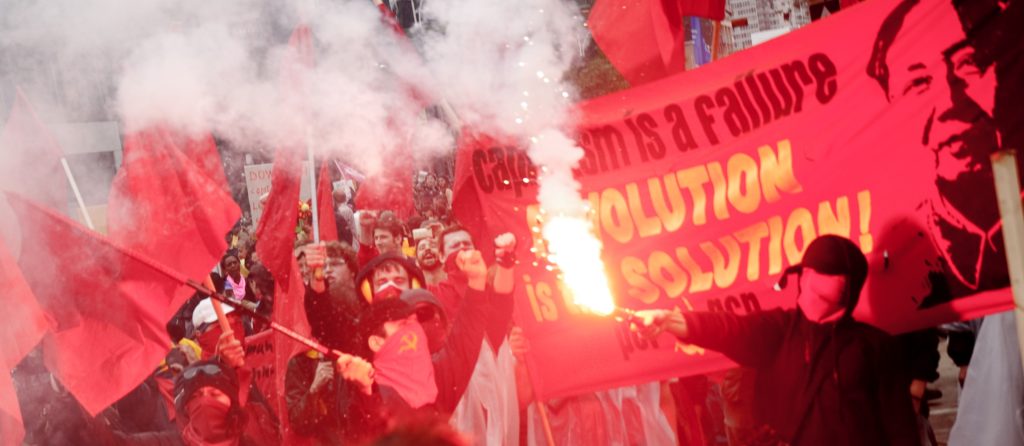
Karl Marx (1818-1883) was one of the most prescient philosophers, whose influence is felt even today. It could be said about him that he is read wherever printed literature or optical fiber has reached. But what does Marx mean to us today? How do we interpret Marx for our changed times? I remember that by 2005-2006, most people would mockingly remind me that Marx had become outdated and therefore his proper place was his London cemetery. But then, out of the blue came the 2008-2012 economic meltdown. Global capitalism fell like a pack of cards. The result, as we all know, was devastating. The worst-hit countries, like the United States, implemented bailout packages for big corporations and so-called austerity measures for the poor and middle class. The economic terrorism of the World Bank and IMF was brought in full swing to control the man-made tragedy.
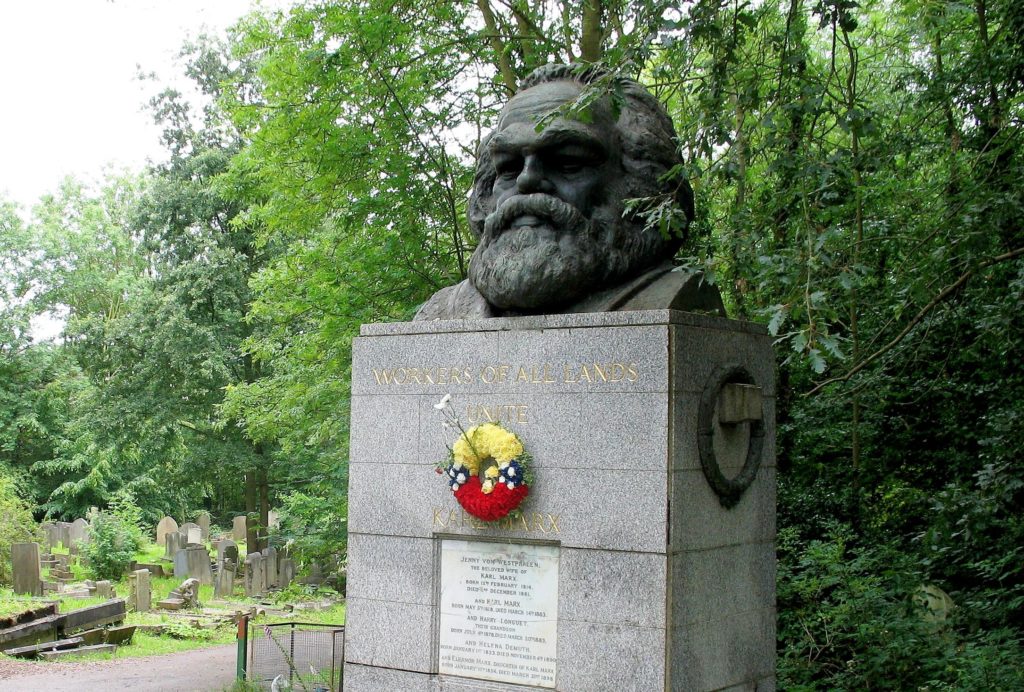
The entire tragedy culminated in the famous slogan, “we are the 99 percent and they are the 1 percent.” Despite the predictions of neoconservatives, Marx was once again speaking, albeit from his grave. It was Marx, alongside Engels, who after all had developed the most comprehensive critique of neoliberal concepts. Marx’s greatest contribution was to show that, when all was said and done, poverty was not a natural phenomenon of the world. Capitalism no doubt produced wealth. But it also generated poverty on a massive scale. This disparity finds its expression in routine struggles that the poor are forced to fight against the super-rich. With Marx, a certain culture, a certain way of being, at least in Europe to begin with, came to an end. Marx no doubt could not give a perfect blueprint of how future societies could be built. But his writing, what I call magical boxes, should be read as an obituary of the bourgeoisie that organizes itself into family, church, factory, army, religion and psychiatric clinics in a perfect pyramidal model. Marx was not first to have raised the siren. He should be seen as a great heir to the 1789 Revolution. It was the original French Revolution that taught Marx, and it was other French revolutionaries of the failed La Commune (Paris 1871) whom he was teaching and mentoring by arguing both for and against.

The French Revolution, for the first time in the history of Europe, Asia, Africa and North America, raised the most vital question related to man and man’s relationship with land, i.e. who owns the land and who does not. And why and how has it happened that the peasants who toil own nothing while the landlords own all the land. It was the revolutionaries who insisted on a complete separation of church and state. The Marquis de Sade (1740-1814), in fact, goes as far as imposing taxes on offerings of religious prayers. Even issues related to women and the sexual minorities were raised. With Marx and the French revolutionaries, not just the factory space but all other spaces and institutions were sought to be democratized. It was land and private capital that were the sources of the bourgeoisie’s wealth and laughter; it was land and capital that were sought to be socialized.
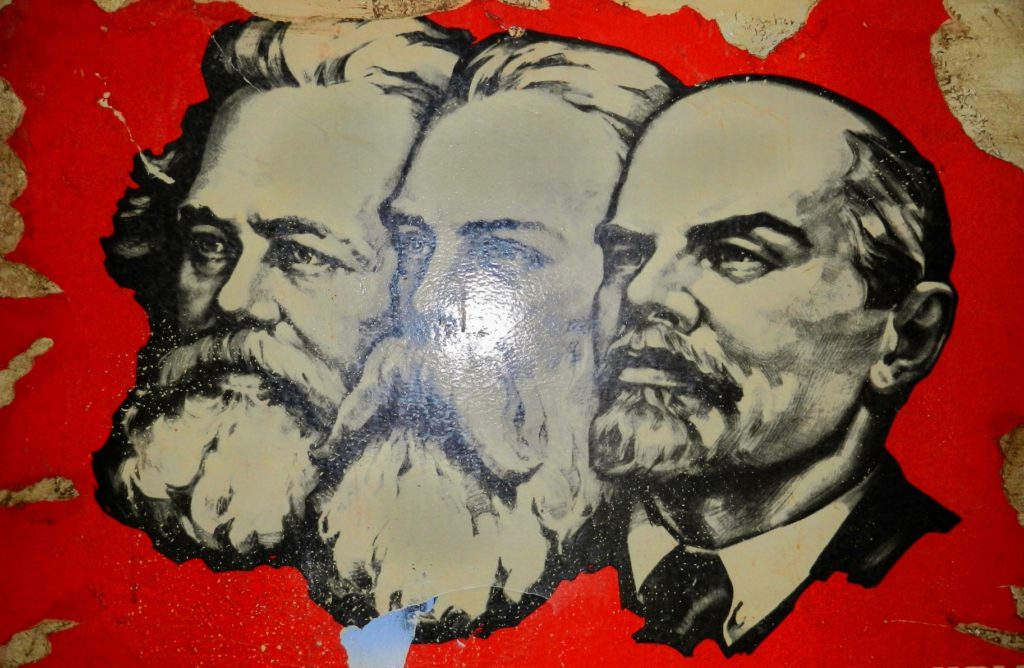
Marx, alongside Engels, Bakunin, Herzen, Marquis de Sade and others had developed a highly organized body of anti-capitalist knowledge. In light of the conclusions they had reached, they believed that capitalism would sooner than later come to an end. They were optimistic about the ability of the proletariat to turn the tide and rise against all odds. In retrospect, it would be fair to say that Marx’s prediction of a world revolution has not come true. Today with the sole exceptions of Vietnam, China, Cuba, parts of Europe, and pockets in India the leftist movements have not been able to muster public opinion against the most murderous economic system. And even where it had succeeded, as in large swathes of Eastern Europe and Russia, the revolution failed to consolidate itself beyond a certain point. In the Soviet case, as this is now widely recognized even by historians like Professor Irfan Habib, in the post-revolutionary society a new bureaucratic class emerged that thought less about people and more about itself. One finds the same message emerging from Victor Kravchenko’s celebrated memoir, I Chose Freedom (1946). In other words, class distinctions did not dissolve. Where the old ones died, newer ones emerged.
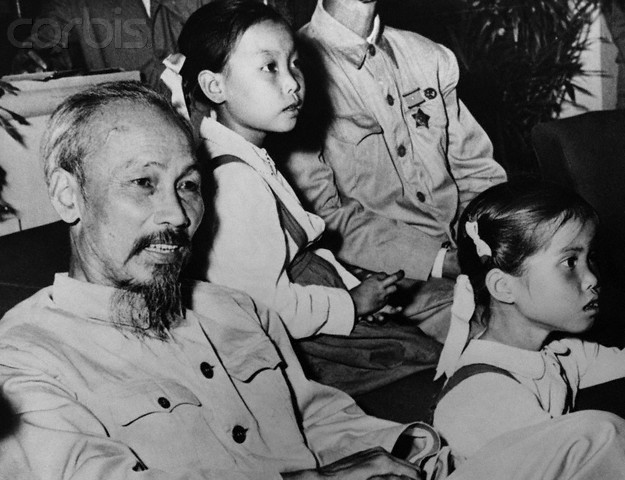
The world would be a beautiful and non-alienated home for us, the inheritors of Marx, if we had not inherited these complex and seemingly insoluble problems. To a large extent, Cuba alone among the countries in Latin America has been successful at combating this problem by implementing honestly the mass line. Our problem is further compounded by the serious threat of climate change. Capitalism and vulgar forms of socialism have no doubt raised mankind’s productive capacity by leaps and bounds. But they have more or less failed to recognize the climatic consequences of this growth for growth’s sake.
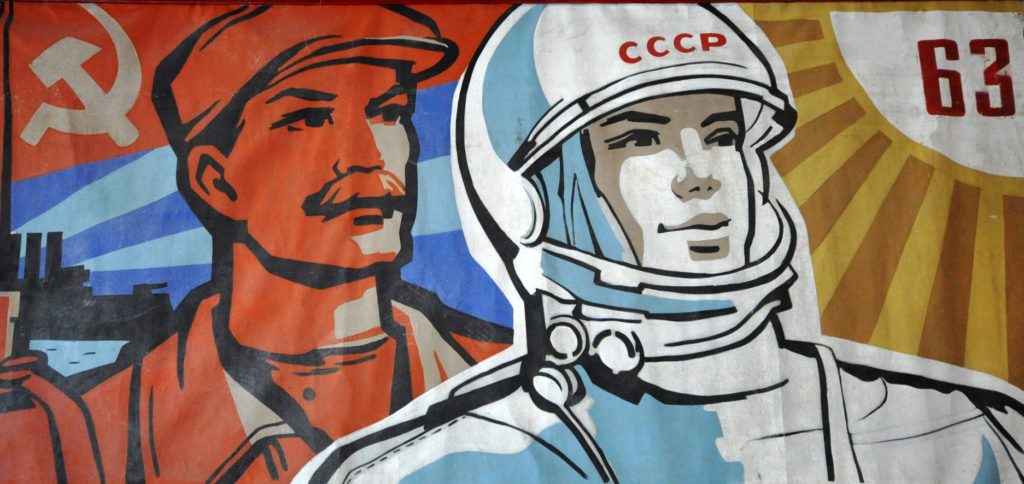
It would be futile here to look into Marx or Engels for solutions to this problem. Both spoke in a language devoid of any serious concern for this factory and tree debate. This to me constitutes what I would call the black hole of their theory. And so, the gigantic task of repairing this falls on our shoulders.

The melting of the ice-caps has resulted in rising sea levels. And in our case, in India, the Sundarbans will be the worst-hit area. And I imagine Kolkata and Mumbai, as well as other port cities of the world, would not remain unaffected. Human civilization today faces problems that in the past 10,000 years it did not. The rampant use of plastic and its improper disposal by burning adds to the enormity of the problem. We build industries but forget conveniently about their effluents. I would admit that when one talks about such issues one is inevitably called an ‘endist’ – a philosopher whose sensibilities are deeply affected by the Biblical stories of the world coming to an end. I hope that the world does not come to an end, that this Titanic in which we are traveling does not sink. But magical thinking can only console us. It can hardly replace the need for instituting deep-rooted changes. Given the mass of scientific evidence that we have, like the UN’s 2014 Intergovernmental Panel on Climate Change mitigation report, one would have to be either an Ambani or a lunatic to look the other way.
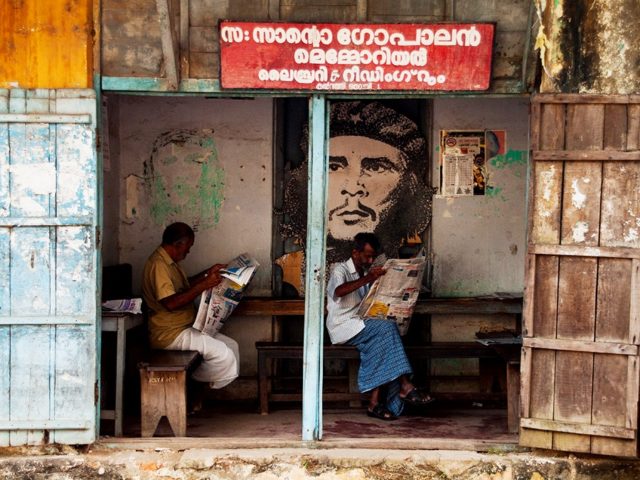
Both capitalism and vulgar forms of socialism tend to believe naively that nature is infinite. That the resources nature gives us have no end. They tend to forget that nature, like man, is finite. What we need is not just a certain deconsumerization of society as whole, but perhaps people will have to learn to respect all things that are non-human. This is something that the far-Right, as represented by Trump, Modi, or Bolsonaro, will not do. This task falls on the shoulders of the Left. Global capitalism cannot be expected to solve the problems that it has given us. At such a crucial juncture, what we need is a surcharged Left that is committed to a green earth.
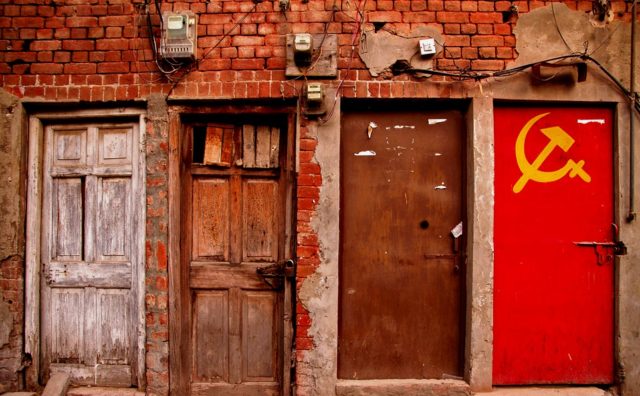
In India and more particularly in Bengal, the Left should push for heavy taxation of industrial houses whose profit generating activity is destroying the ecology beyond repair. The money so generated should be used to institutionalize green technologies. We should also push for a Sikkim-like ban on plastic and segregation of the garbage that the poor, middle class, rich, and super-rich generate. Recycling itself could not only lead to generation of employment but also help us to extend the deadline for our demise by many years.
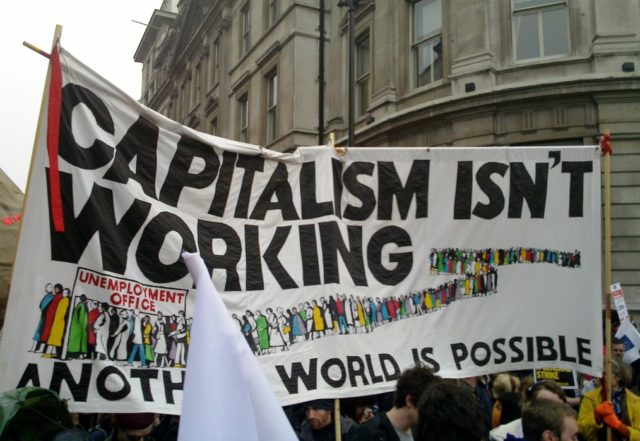
Marx was a genius of his time. He had the courage to defend the defenseless. Climate change once again presents us with this opportunity. We know that the effect of such a change will be disproportionate. It will affect the poor more than the rich. It is here that Marx’s legacy ought to be invoked. We have to protect and educate the poor. We have to re-establish the amicable relationship between humans and trees that capitalism has historically annihilated. To accomplish such a task we have to be, not just theoreticians, but also poets who are profoundly in love with all things non-human.

Editor’s Notes: Imtiaz Akhtar is the author of Kafka Sutra. Photograph one by Jason Hardgrove; photograph two by David Jones; photograph four from the archive of Travis; photograph six from the archive of Jorge Lascar; photograph seven by Gilbert Mercier; photograph eight by Evgeni Zotov; photograph nine by Usman Malik; and photograph ten by Charles Hutchins.
Related Articles













You must be logged in to post a comment Login